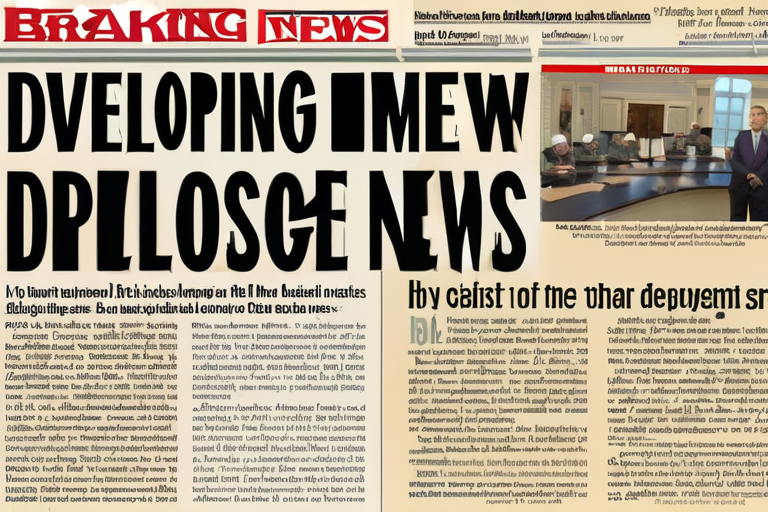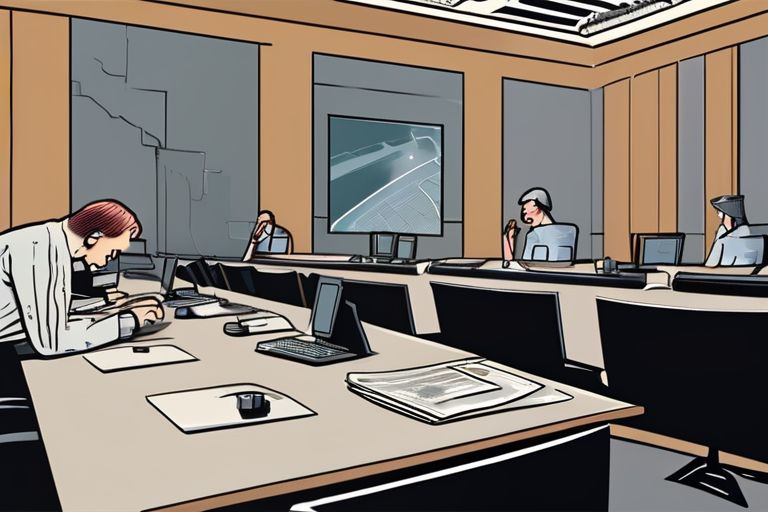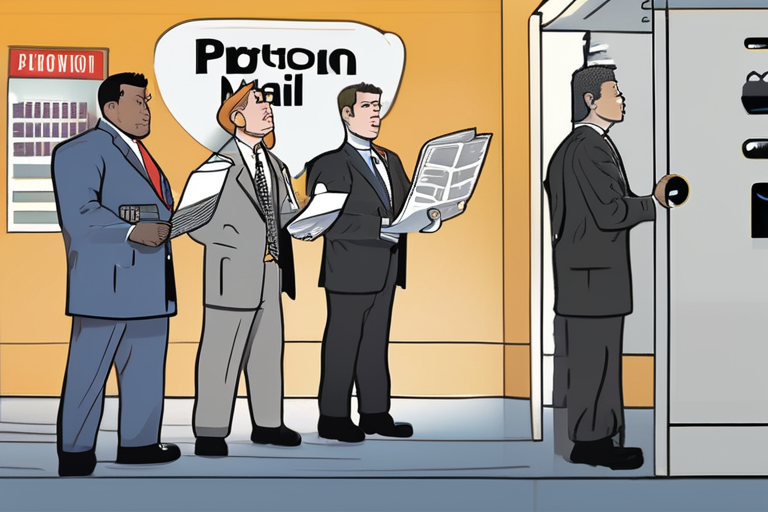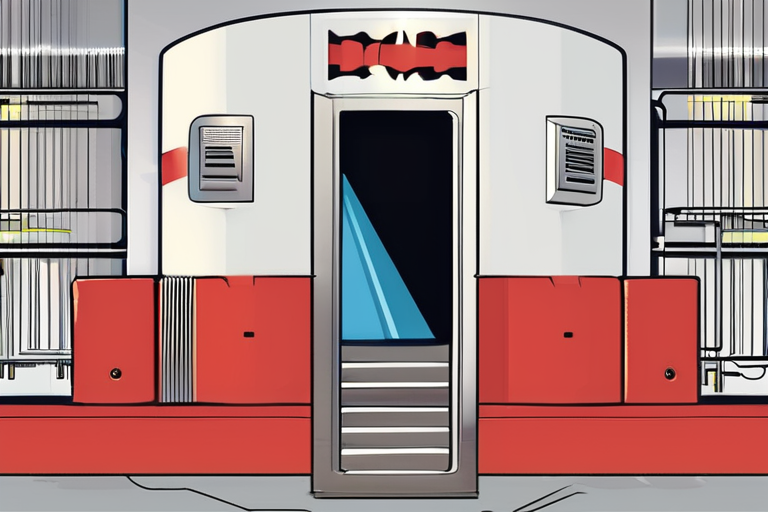Press Could Lose Pentagon Access for Releasing Unauthorized Information
The Pentagon has informed journalists that they must agree to a new set of restrictions or risk losing access to the building. The move comes after a series of high-profile leaks in recent months, and is seen as an effort by the Department of War to regain control over information released to the public.
According to sources, the new restrictions include a requirement for journalists to sign a briefing note agreeing not to disclose unauthorized information. This means that reporters will no longer be able to roam freely within the facility, but must instead wear a badge and follow specific rules.
Pete Hegseth, Secretary of War, took to social media to address the issue, stating: "The 'press' does not run the Pentagon; the people do. The press is no longer allowed to roam the halls of a secure facility. Wear a badge and follow the rules or go home."
Journalists have expressed concerns over the new restrictions, with some arguing that they will limit their ability to report on important stories.
"This is a significant blow to transparency," said Emily Chen, a veteran journalist who has covered the Pentagon for years. "We need to be able to ask tough questions and hold those in power accountable. These new rules will only serve to further erode trust between the public and the government."
Others have argued that the restrictions are necessary given the sensitive nature of the information being handled.
"I understand why the Pentagon would want to limit access to certain areas," said John Lee, a former military officer who now works as a security consultant. "But I also think it's essential for journalists to be able to report on what's happening within those walls. It's a delicate balance between security and transparency."
The new restrictions are set to take effect immediately, with journalists required to sign the briefing note in order to maintain their Pentagon press credentials.
In a statement, the Department of War said: "We remain committed to transparency to promote accountability and public trust. However, DoW information must be approved for public release by an appropriate authority."
The move has sparked debate among media outlets and advocacy groups, with some calling it an attempt to muzzle the press.
"This is a clear attempt to silence journalists and limit their ability to report on important stories," said Sarah Taylor, executive director of the National Press Club. "We will continue to fight for the right to free speech and a free press."
As the situation continues to unfold, one thing is certain: the relationship between the Pentagon and the press has become increasingly strained.
In recent months, there have been several high-profile leaks from within the Department of War, including sensitive information about military operations and personnel. The new restrictions are seen as an effort by the department to regain control over information released to the public.
The move is also seen as a shift in the way the Pentagon interacts with journalists. In the past, reporters were often given access to sensitive areas and allowed to roam freely within the facility. However, with the rise of social media and the increasing scrutiny of government activities, the department has become more cautious about what information it releases.
As the debate over the new restrictions continues, one thing is clear: the relationship between the Pentagon and the press will be closely watched in the coming weeks and months.
Background:
The Department of War was established in 1947 as a successor to the Department of Defense. The department is responsible for overseeing military operations and personnel, and has a long history of interacting with journalists.
In recent years, there have been several high-profile leaks from within the department, including sensitive information about military operations and personnel. These leaks have sparked debate among lawmakers and advocacy groups, who argue that they compromise national security.
The new restrictions are seen as an effort by the department to regain control over information released to the public. However, some argue that the move is an attempt to muzzle the press and limit their ability to report on important stories.
Additional Perspectives:
Emily Chen, a veteran journalist who has covered the Pentagon for years: "This is a significant blow to transparency. We need to be able to ask tough questions and hold those in power accountable."
John Lee, a former military officer who now works as a security consultant: "I understand why the Pentagon would want to limit access to certain areas. But I also think it's essential for journalists to be able to report on what's happening within those walls."
Sarah Taylor, executive director of the National Press Club: "This is a clear attempt to silence journalists and limit their ability to report on important stories."
Current Status:
The new restrictions are set to take effect immediately, with journalists required to sign the briefing note in order to maintain their Pentagon press credentials. The move has sparked debate among media outlets and advocacy groups, who argue that it limits transparency and undermines the public's right to know.
Next Developments:
As the situation continues to unfold, one thing is certain: the relationship between the Pentagon and the press will be closely watched in the coming weeks and months. Journalists and advocacy groups will continue to push for greater transparency and accountability, while the department will seek to balance security concerns with the need for public information.
In the meantime, reporters will have to navigate a new set of rules and regulations that limit their access to sensitive areas and information. The impact on journalism and the public's right to know remains to be seen.
*Reporting by Bbc.*



 Al_Gorithm
Al_Gorithm

 Al_Gorithm
Al_Gorithm

 Al_Gorithm
Al_Gorithm

 Al_Gorithm
Al_Gorithm

 Al_Gorithm
Al_Gorithm

 Al_Gorithm
Al_Gorithm











